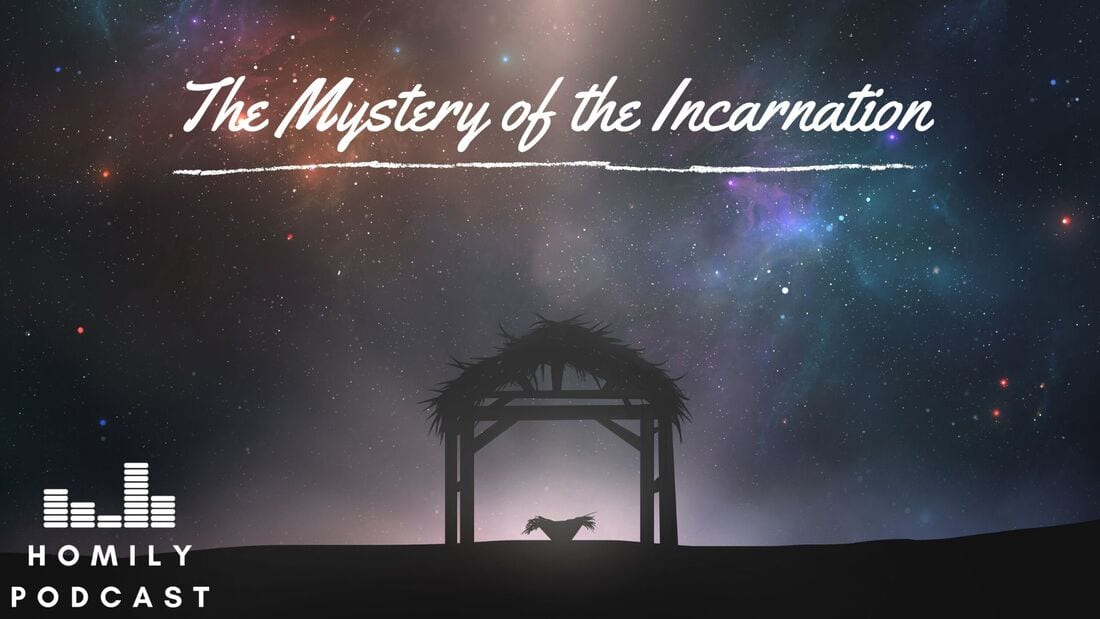The Mystery of the Incarnation
Thus the total number of generations from Abraham to David is fourteen generations; from David to the Babylonian exile,
fourteen generations; from the Babylonian exile to the Christ, fourteen generations. Matthew 1:17
To be honest though, if a lot of the names are not familiar, don’t feel bad. Scripture scholars who devote their entire life to helping us understand The Bible, acknowledged that some of these people in Matthew’s genealogy are known only to God we have no clue who these people are they are as anonymous to us as someone we might pass by on the side of the road, or walk by in the grocery store. They are as unknown to us as perhaps the people who are sitting three rows behind us, or two miles over from us. And yet we know them better than we think we do.
In fact, we know that person we drive by on the side of the road, and that person we walk by in the grocery store better than we think we do. We know the people sitting in a few rows behind us or a few rows over from us better than we think we do. Because we know that they, like us, have hopes and dreams. We know that there have been times in their life that they have laughed, and laughed uncontrollably. And there are times where they have cried, and likewise cried uncontrollably. We know that they have experienced fear. And have known moments of profound peace and wonder. We know that, just like ourselves, they require food and shelter, warmth, friendship, and respect. They really are not just names and faces. They are a part of us; they are one with us. In fact, they are not even they. They are us.
To play upon the words of Scrooge’s nephew, Fred, “we are all of us fellow passengers on the way to the grave.” And if we paused and recognized one another’s mortality, that in itself could make us kinder, more patient, less judgmental, and more willing to forgive each other. At one point in the mass the instructions call for the priest, tonight that would be me, to extend my hand over the Bread and Wine, and to ask God to send forth the Holy Spirit to sanctify these offerings (sometimes it’s phrased, sanctify these gifts). And that phrase, these offerings, these gifts refer not only to Bread and Wine. They refer to us. And not only to us gathered here, but they refer to the entire body of Christ, the entire church and even beyond the church to all the people of God. They are essentially the prayer of Tiny Tim that we invoke God to make us holy, everyone. The Word became flesh. God becomes human. God enters our humanity so that we are able to enter the humanity of one another. And every time we step outside of ourselves and enter into the world of another person, our very self, our being is joined to the mystery of the Incarnation.

